Sports diplomacy is not something new. It can be traced back to the ancient Olympic Games, when Greek city-states suspended conflicts to compete peacefully. The modern Olympic movement, revived in 1896, was based on similar principles of fostering global unity. However, sports have also been used to serve political agendas, such as the 1936 Olympics in Berlin, during which Nazi Germany turned the games into a propaganda tool. In other cases, sports played an important diplomatic role to ease tensions between countries. The Ping-Pong diplomacy, for instance, facilitated communication between the U.S. and China in 1971, which later paved the way for President Richard Nixon’s historic visit in 1972. This analysis explores how sports diplomacy contributes to easing political tensions between countries.
What’s Sports Diplomacy?
Sports diplomacy refers to the use of sports and athletic activities to enhance international relations, especially between countries that experience political disputes, which may lead to reducing tensions. As sports naturally cross linguistic, cultural, and national barriers, they offer a powerful way to communicate between countries across the world. Currently, many countries are using sports diplomacy to enhance their soft power, thereby expanding their political influence.
The competition between countries to host big sports tournaments, such as FIFA World Cup, indicates that countries are no longer depending solely on traditional diplomatic ways that involve holding meetings between officials, instead, they employ more modern ways that align with the new globalized world. Through the involvement of athletes, coaches, officials, competitions, and even fans, sports diplomacy can help strengthen international relations, brining peoples closer, and creating a shared common sports value. These interactions can help countries and peoples to go beyond national and cultural divides, resulting in enhancing their relations.
Reducing Tensions?
Sports have been diplomatically used to mitigate tensions between countries through several ways. Firstly, sport events contributes to breaking barriers between countries, and give them a feeling that they can co-exist peacefully, which eventually get them closer. Moreover, sport events expose countries to new cultures and identities, and this can contribute to reducing the gap between countries that experience political disputes. Political leaders that cannot meet formally due to political disputes can meet informally in sports events, which might allow formal meetings to be held at a later stage. These informal meetings, sometimes held on the sidelines of opening ceremonies, can help start conversations that might be difficult to initiate in formal diplomatic arenas. For instance, during the 2002 Kashmir crisis, tensions between India and Pakistan reached a peak. However, in an effort to ease the situation, both sides turned to cricket as a form of diplomacy. In 2004, they organized a series of cricket matches, hoping these would help improve communication and rebuild ties. Cricket has continued to play a role in reducing hostility between the two nations. In 2011, following the strained relations after the 2008 Mumbai attacks, Pakistan’s Prime Minister Gilani accepted an invitation from India to attend a semi-final match between the two countries in Mohali. The meeting of the two officials has contributed to easing tensions between the two countries at this time.
Secondly, sports could be used to mitigate internal conflicts within countries. Forming national teams that include members from the different ethnic factions within countries can contribute to building confidence and maintaining peace-building among these factions, especially in post-civil wars. In 1995, the country hosted the Rugby World Cup. The team included players from different ethnicities. The team was supported by Nelson Mandela, and their win was celebrated by all South Africans. This championship helped reduce tensions and build trust between ethnic groups in the country, including those who suffered from the apartheid system.
Thirdly, countries use international tournaments to reshape their global image and demonstrate openness. Qatar’s hosting of the 2022 FIFA World Cup, for example, was a strategic attempt to improve its international reputation and attract foreign investments and tourists. Qatar successfully hosted the 2022 FIFA World Cup at a cost exceeding $200 billion, even though the actual revenues from organizing the tournament did not exceed $20 billion. This demonstrates that countries aim to host major sporting events not only to achieve financial gains but also to improve their political and economic image, attract more long-term foreign investment, and increase the number of incoming tourists. This improvement of images allows host countries to build strong relationships with different conflictual countries, hence increasing their role in mediating to end conflicts. For instance, Qatar mediated between the U.S. and Taliban, which resulted in the signing of Doha Agreement in 2020 that sat the framework of the U.S. military withdrawal from Afghanistan.
Fourthly, international competitions can help redirect nationalist rivalry into healthy sports competition, offering an alternative outlet that reduces the likelihood of violent conflict. For instance, in the 2018 Winter Olympics held in Pyeong Chang, North and South Korea walked together under one flag during the opening ceremony. They even formed a joint women’s ice hockey team, which added more meaning to this gesture. This act sent a strong message of peace, especially at a time when tensions were high because of North Korea’s nuclear program. Holding the same flag facilitated communication between the two countries, and allowed more formal meetings to be held between the two countries. For instance, the presidents of North and South Korea met in the demilitarized zone, and this was the first time for a north Korean leader to cross into the south since the Korean War in the 1950s. While it didn’t solve the political issues between them, it was a clear example of how sports diplomacy can open space for dialogue and reduce hostility.
Multiple Challenges
Despite its multiple benefits, Sports diplomacy faces a set of challenges. Political tensions between countries can push them to withdraw from participating in sport events, which might deepen political disputes between countries. For instance, in 1980, the U.S. led a major boycott of the Summer Olympics held in Moscow, in protest against the Soviet Union’s invasion of Afghanistan in 1979. Over 60 countries, including Canada, Japan, West Germany, and China, joined the boycott, refusing to send athletes to the games. This political move showed how international tensions can affect global sports events, turning the Olympics into a stage for political statements. In response, the Soviet Union and its allies boycotted the 1984 Olympics in Los Angeles.
Moreover, Sports diplomacy faces the risk of political exploitation. Authoritarian regimes sometimes use sports events to polish their international image, as seen during the 2008 Beijing Olympics, where human rights concerns were overshadowed by state-controlled narratives.
The commercialisation of sport is another challenge. When sports become more focused on money and business, their role in building peace and cooperation between countries can get weaker, thereby their role of bringing people together may be jeopardized. For instance, during the 2022 Winter Olympics in China, many countries criticized the event because of human rights issues. Some of them, including the U.S and the UK, chose not to send any official representatives, showing a diplomatic boycott. While China might have expected such a move, it insisted on hosting the event, paying more attention to the economic benefits that it can get from it.
Additionally, richer countries are more able to host big sports events, which gives them more chances to use sports for diplomatic purposes. This creates unfairness, as poorer countries don’t always get the same opportunities. For instance, Africa hosted the World Cup only once, while Europe hosted it 11 times.
While sports can contribute to enhancing relations between countries, they can also increase tensions in rare cases. For instance, the football war between Honduras and El Salvador increased the tensions between the two countries, as fans committed violence against themselves, which increased the political disputes between the two countries.
In conclusion, sports diplomacy, using sports as a means of improving international relations and reducing tensions, has proven to be a powerful and flexible tool. Whether through informal engagement, cultural exchange, or soft power, sports often succeed where traditional diplomatic methods struggle. While it comes with its own set of limitations and risks, its ability to foster understanding and connection in a divided world should not be underestimated. As global challenges evolve and sports continue to expand into new areas, their role in diplomacy is likely to become even more significant in shaping the future of international cooperation.
References
Al Marri, A. & Al Ansari, A. (2023). World Cup in Qatar: Human Rights and Normalization, Carnegie Endowment for International Peace, https://carnegieendowment.org/sada/2023/01/world-cup-in-qatar-human-rights-and-normalization?lang=en
Edwards, J. (2024). LA 1984 Olympics Controversies: Cold War Boycott, Iran Tensions, Newsweek, https://www.newsweek.com/olympics-controversies-1984-gymnastics-cold-war-1936871
Luckhurst, T. (2019). Honduras v El Salvador: The football match that kicked off a war, BBC, https://www.bbc.com/news/world-latin-america-48673853
Murray, S. (2013). Moving beyond the ping‑pong table: Sports diplomacy in the modern diplomatic. Public Diplomacy Magazine, 9(1), 11–17. https://research.bond.edu.au/en/publications/moving-beyond-the-ping-pong-table-sports-diplomacy-in-the-modern-
Murray, S. (2024). Understanding Sports Diplomacy with Dr. Stuart Murray, Co-Founder of the Sports Diplomacy Alliance, Georgetown Journal of International Affairs, https://gjia.georgetown.edu/2024/03/29/understanding-sports-diplomacy-with-dr-stuart-murray-co-founder-of-the-sports-diplomacy-alliance/
The Times of India. (2011). Cricket Diplomacy: Manmohan invites Zaradi, Gilani for India vs Pak semifinal in Mohali, The Times of India, https://timesofindia.indiatimes.com/india/cricket-diplomacy-manmohan-invites-zardari-gilani-for-india-vs-pak-semifinal-in-mohali/articleshow/7788364.cms?utm_source=chatgpt.com

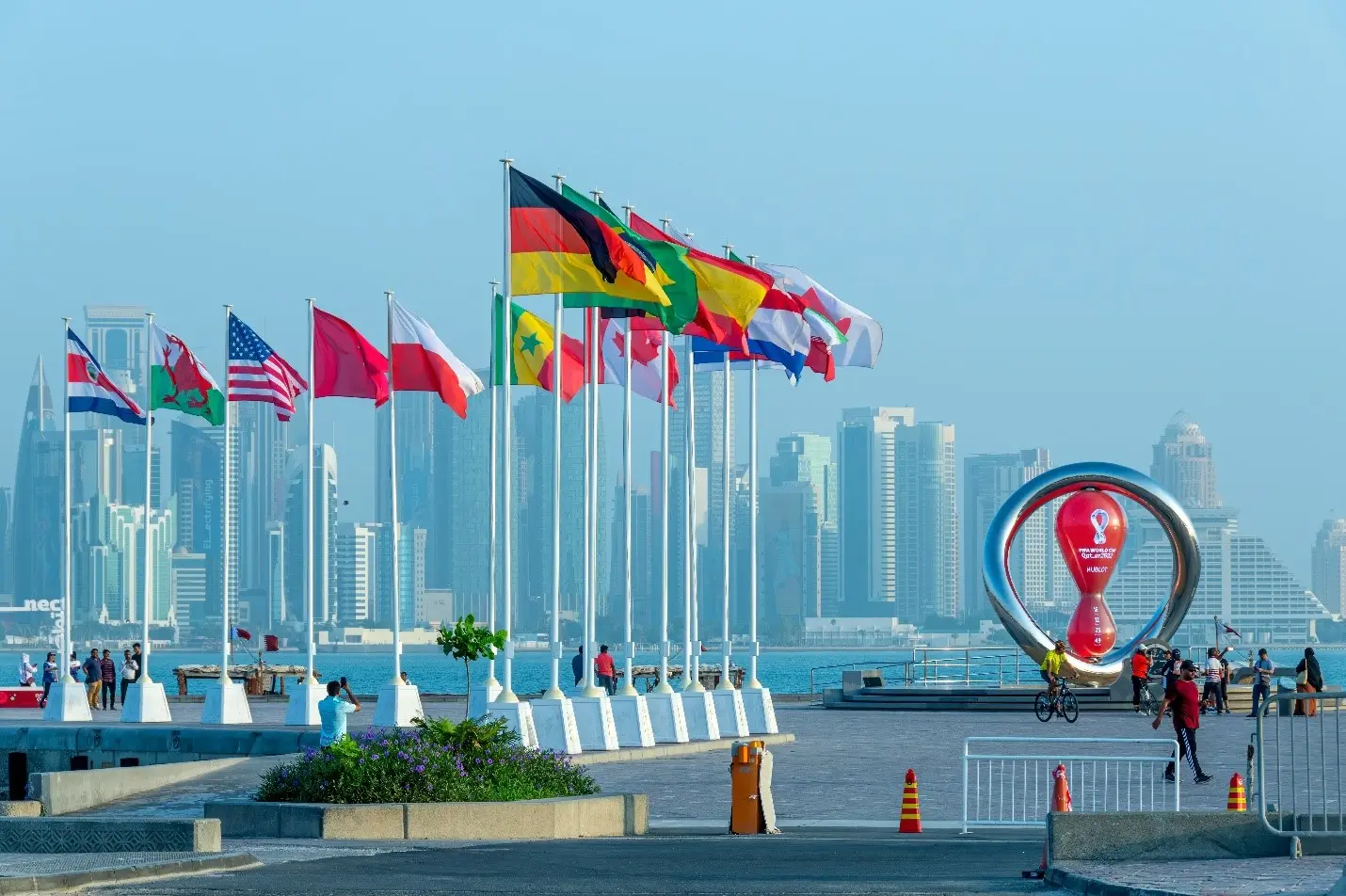



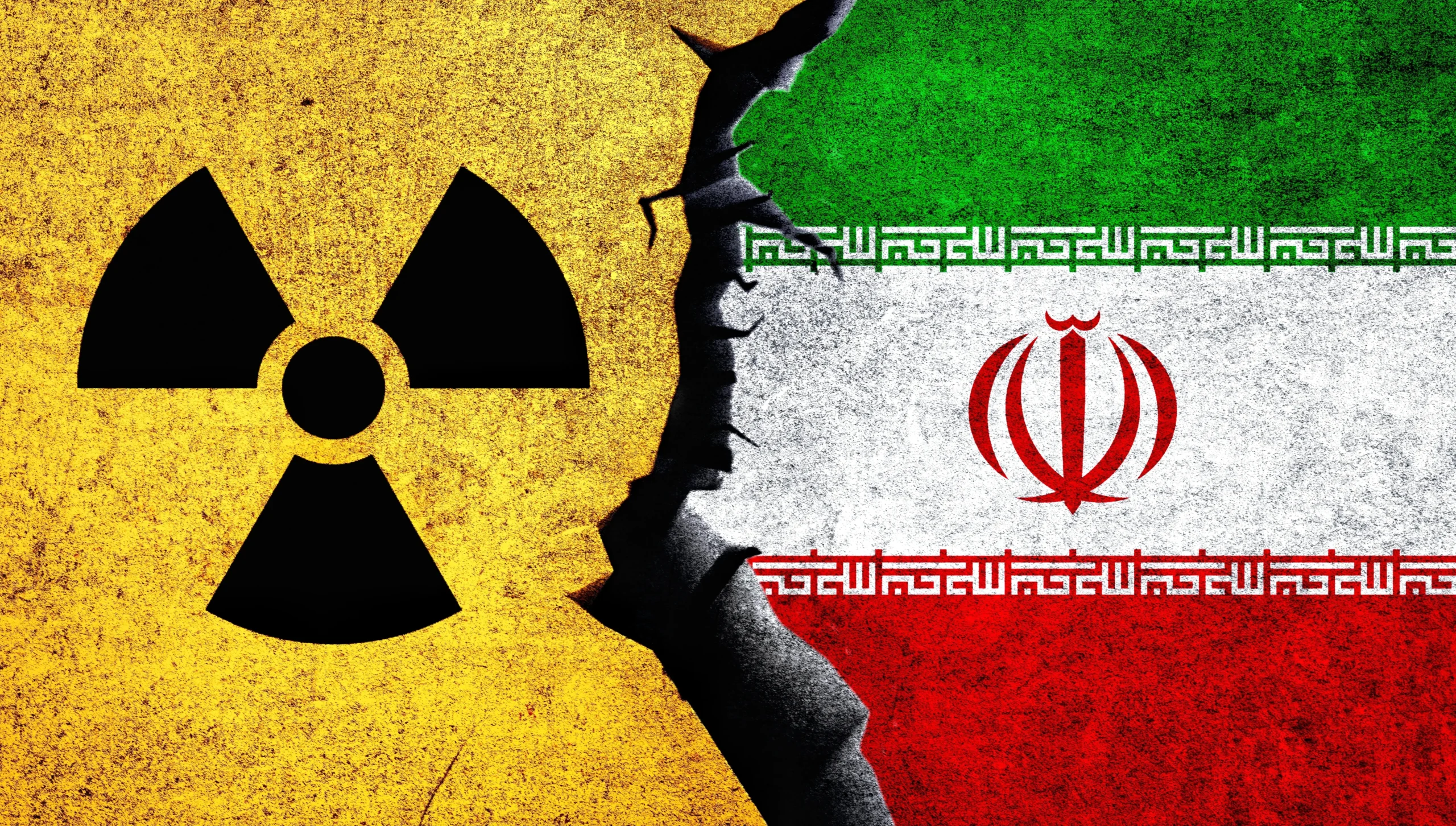
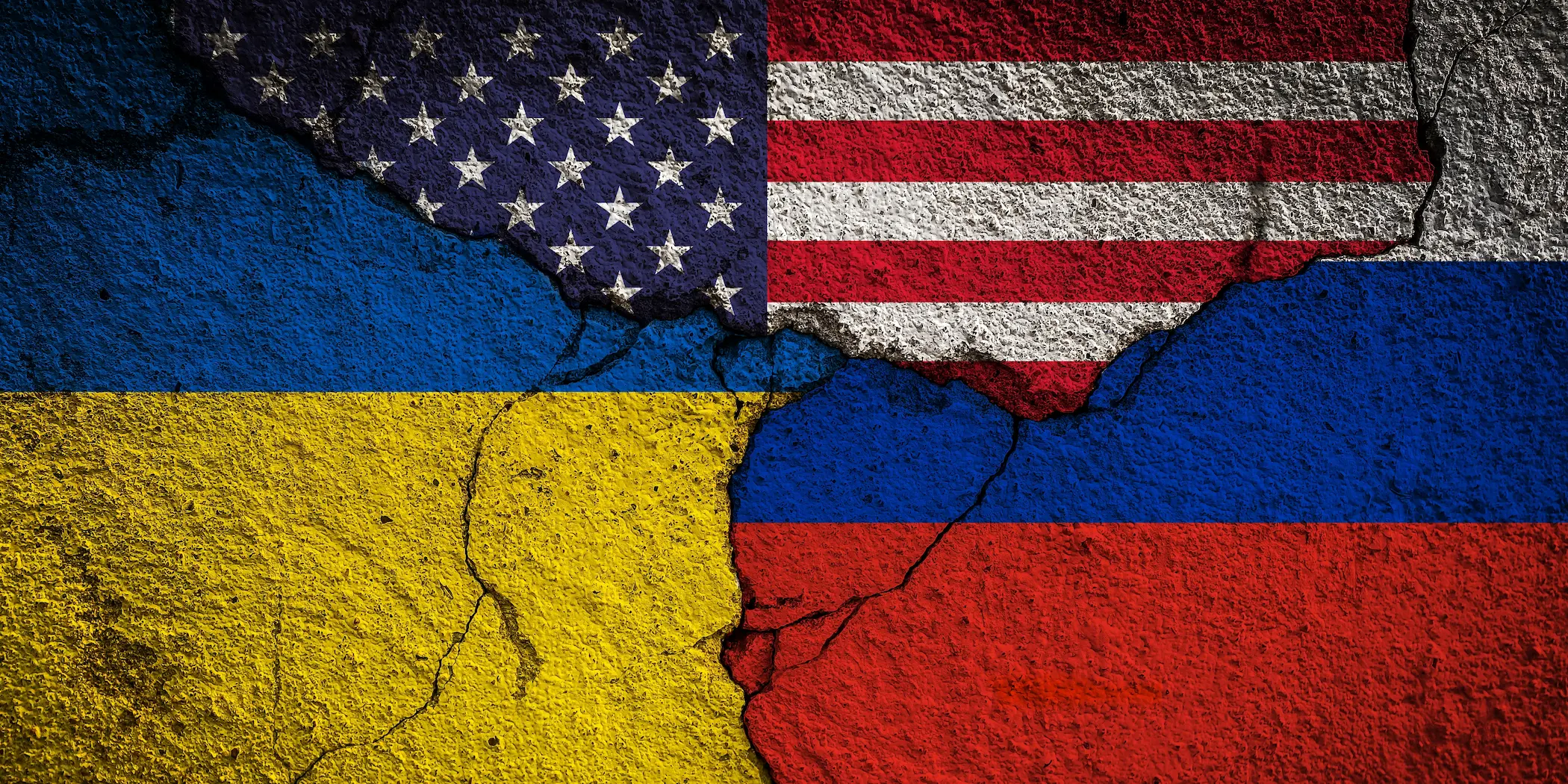
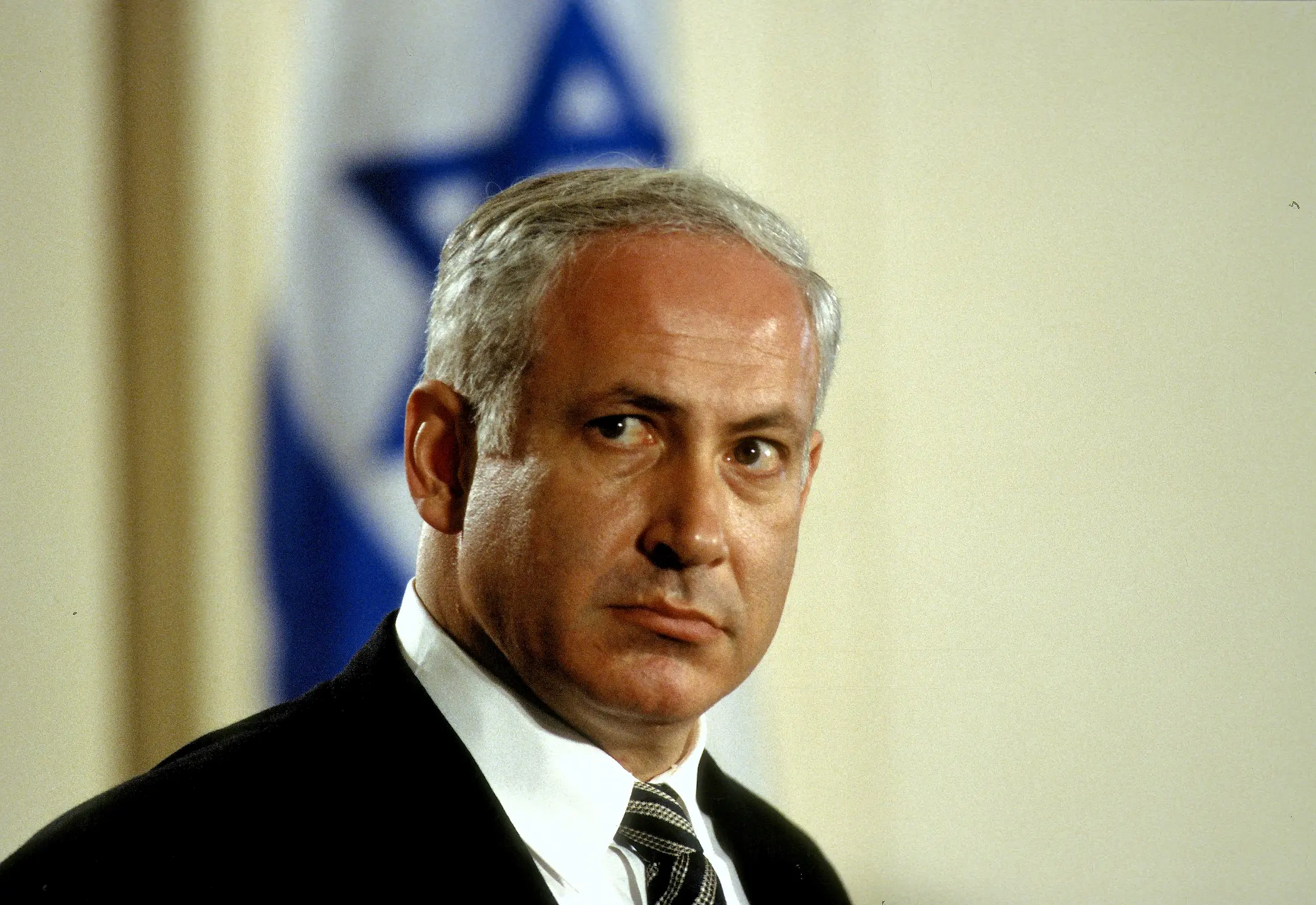

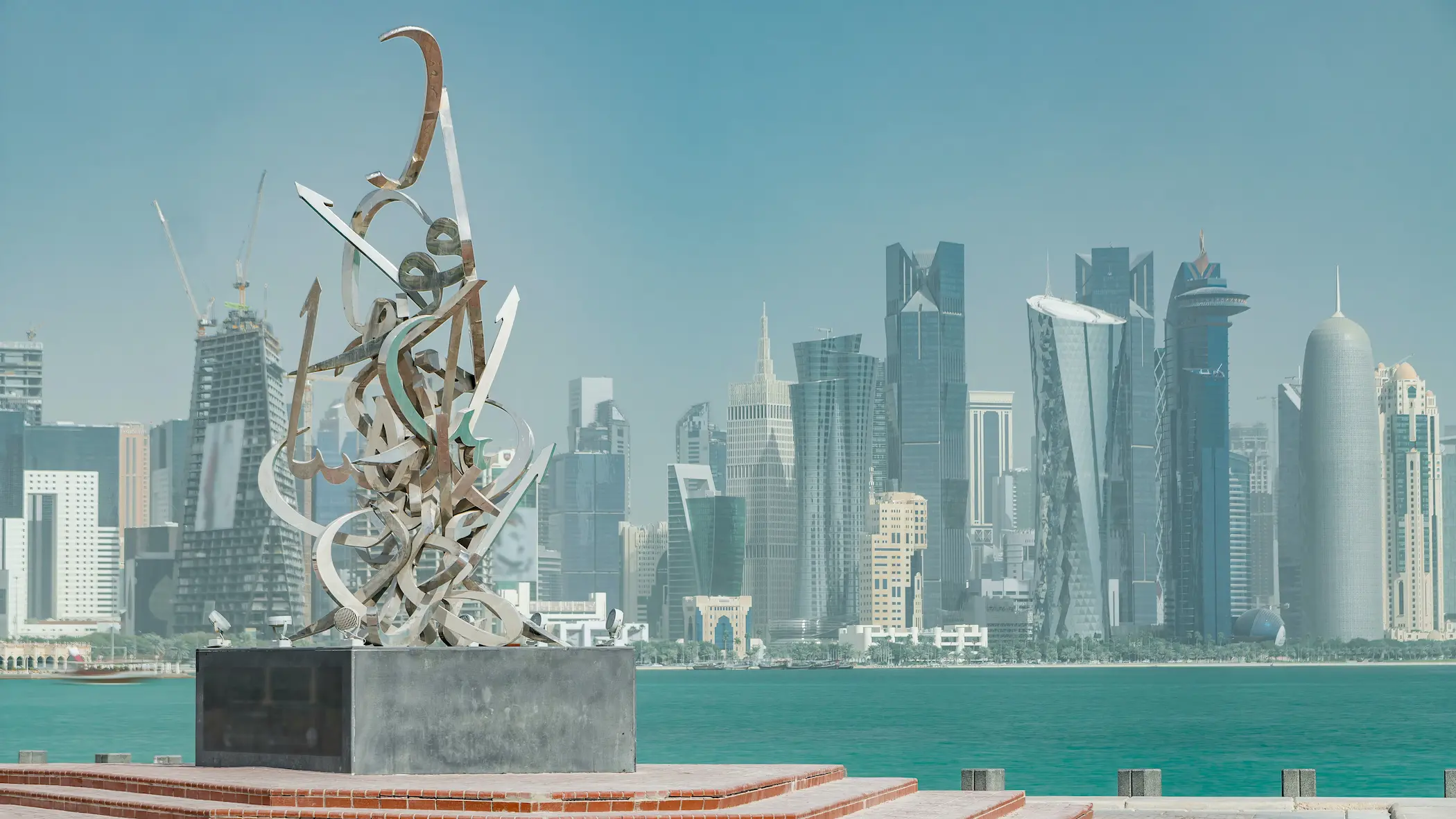

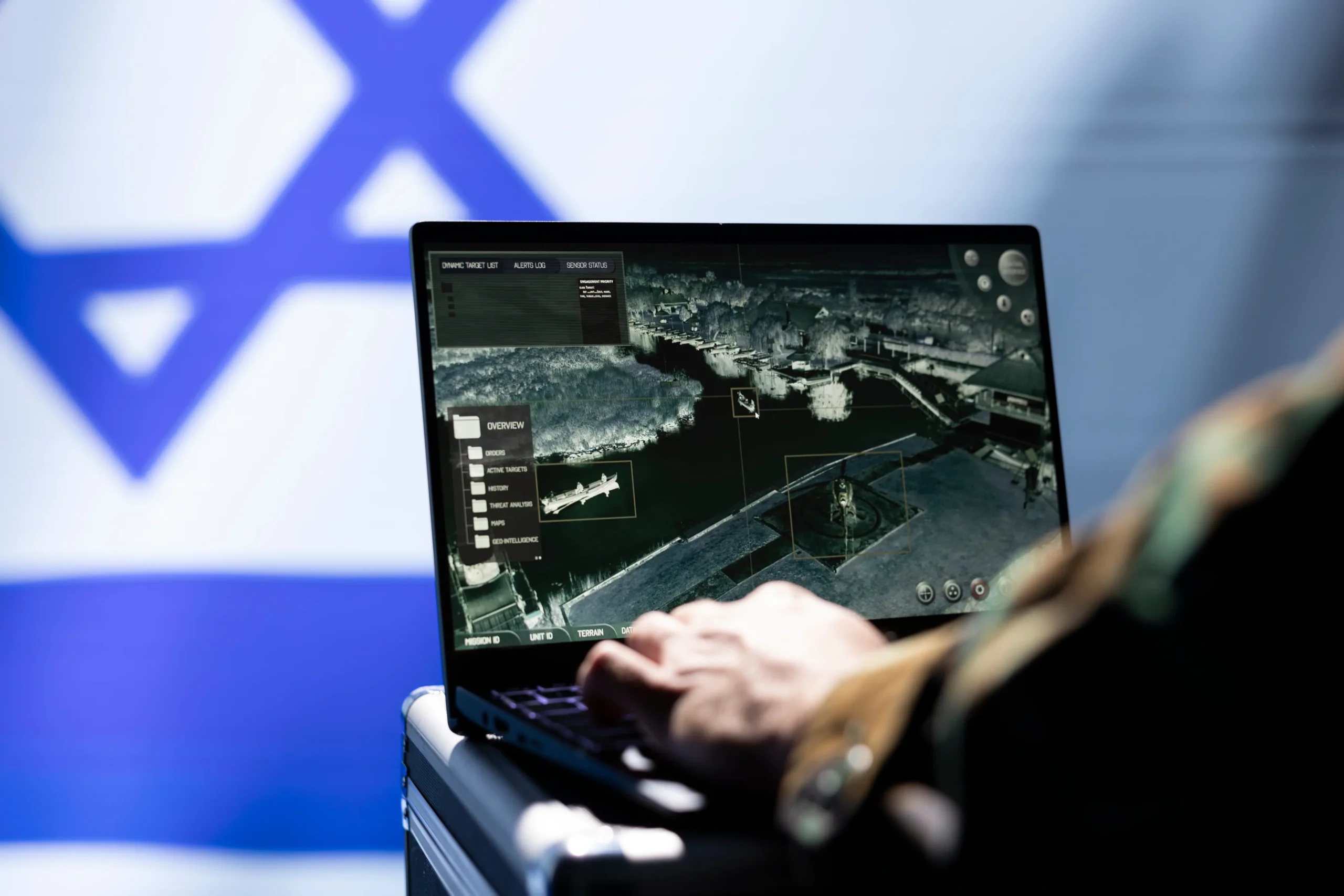
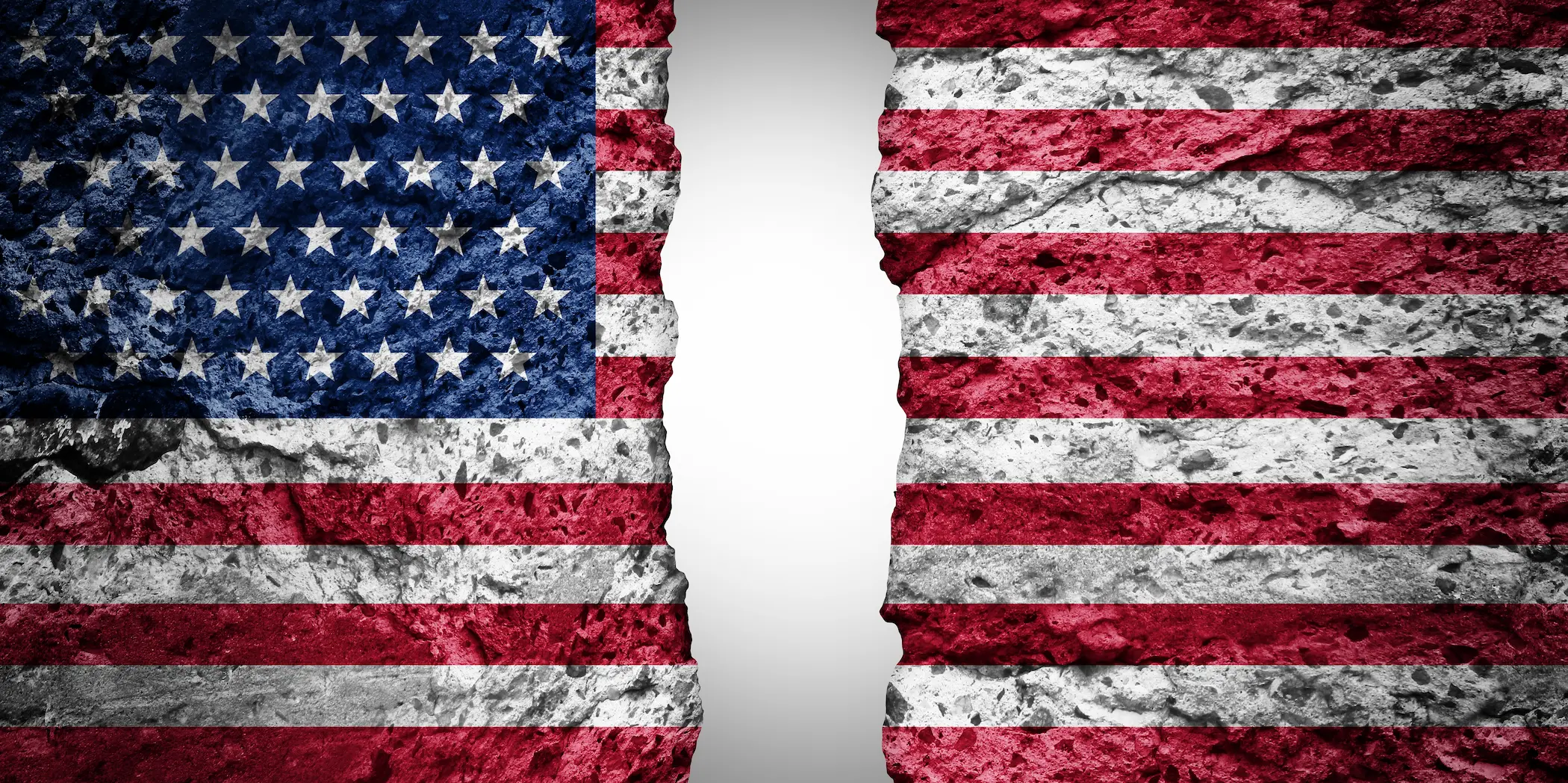
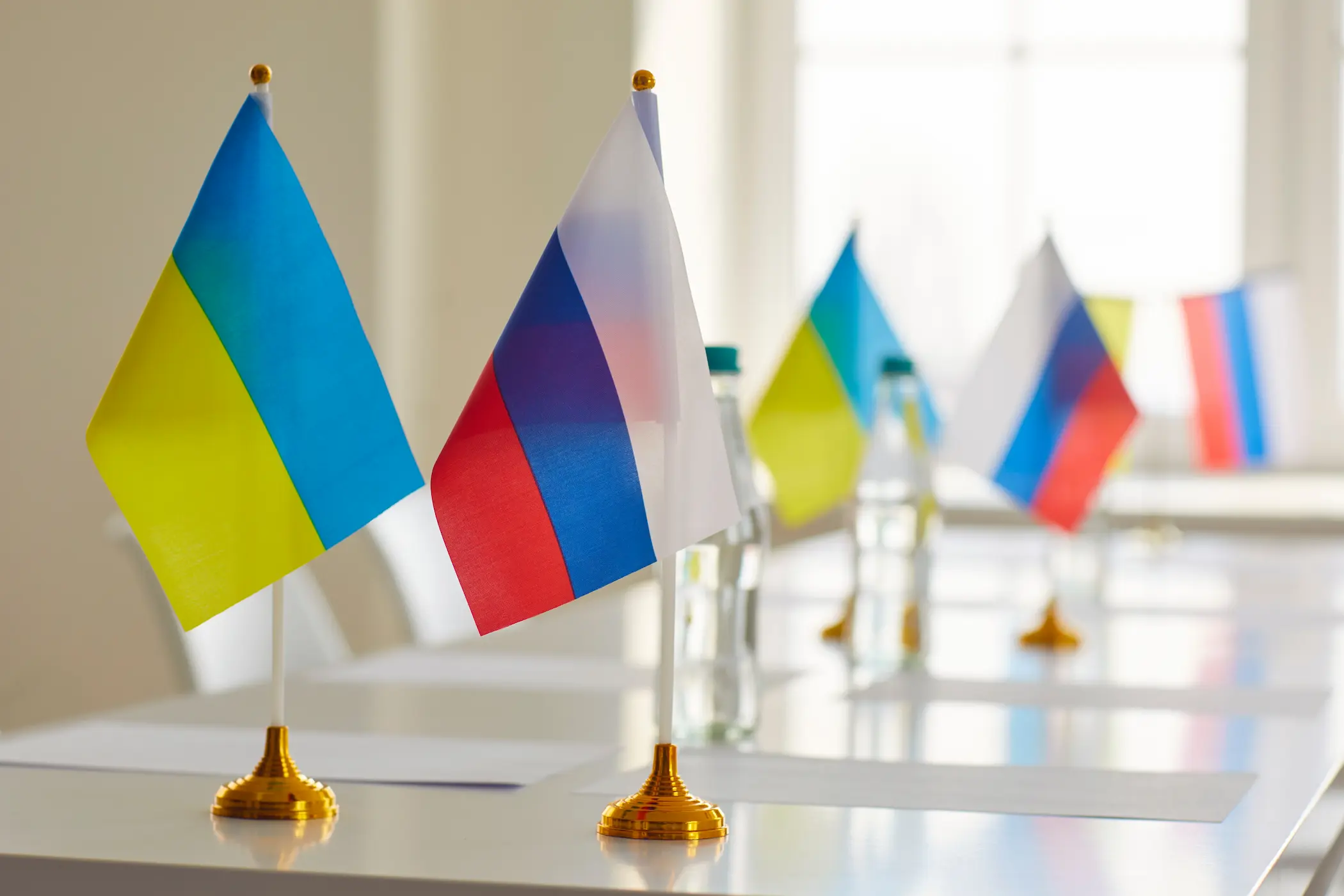
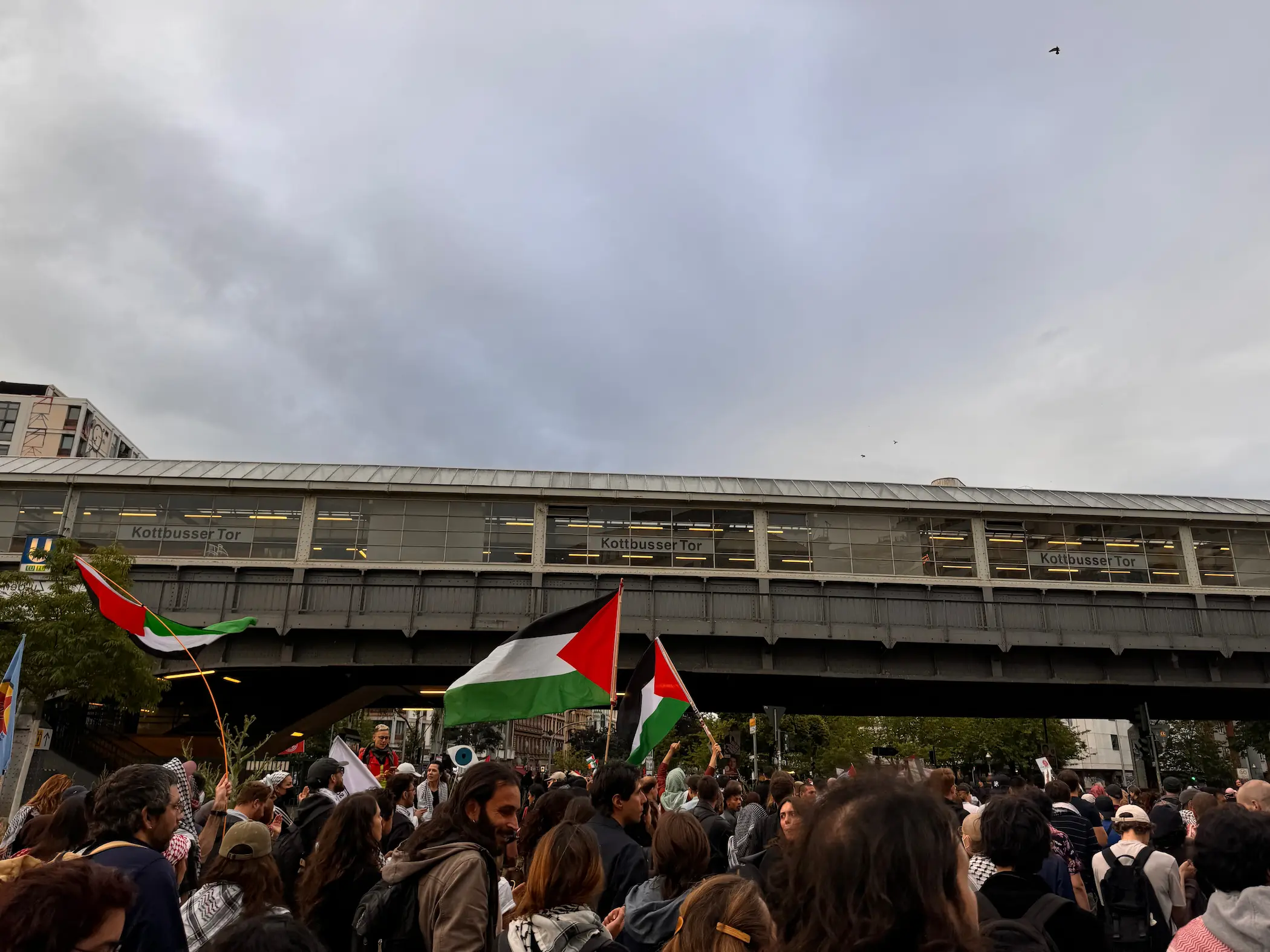
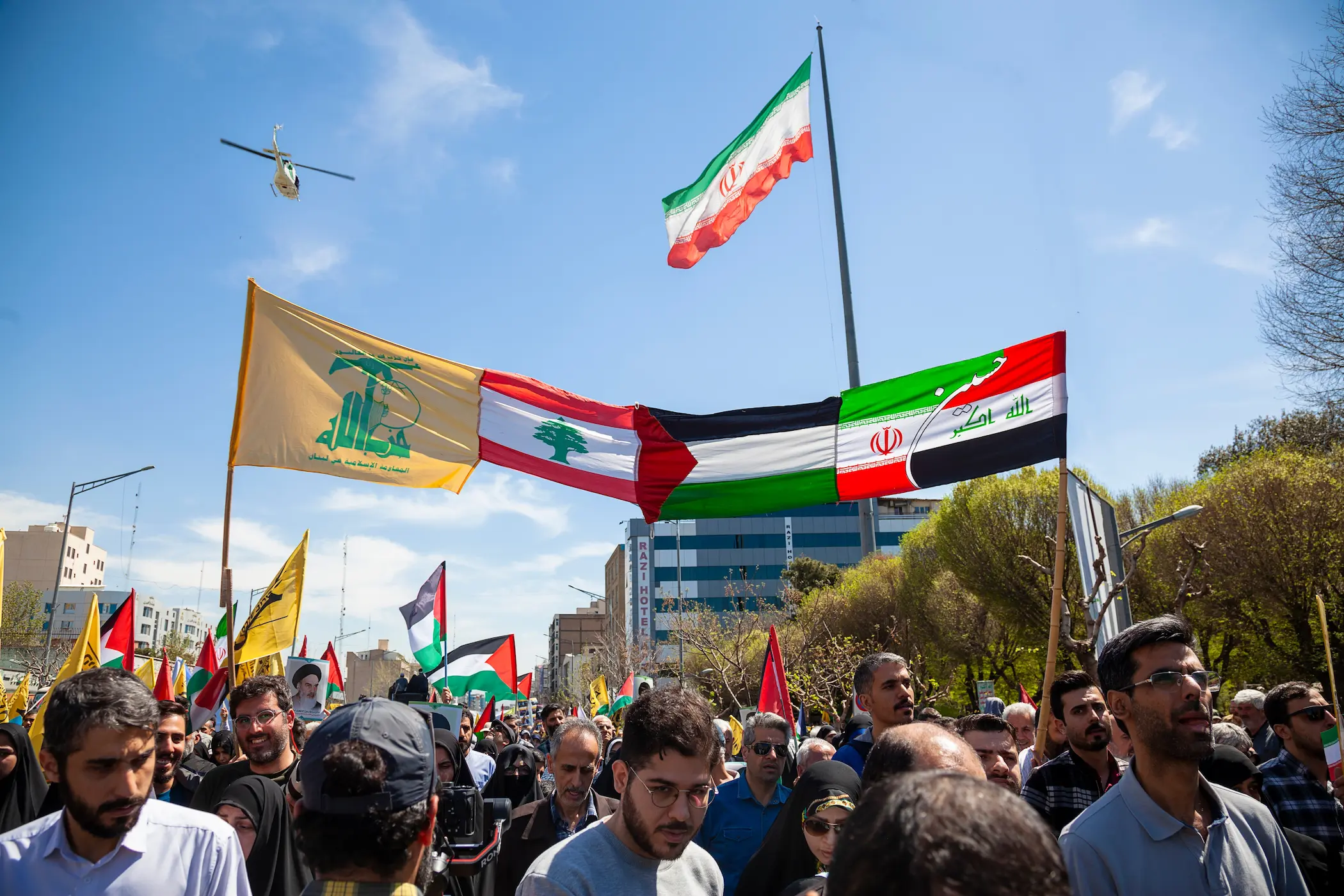
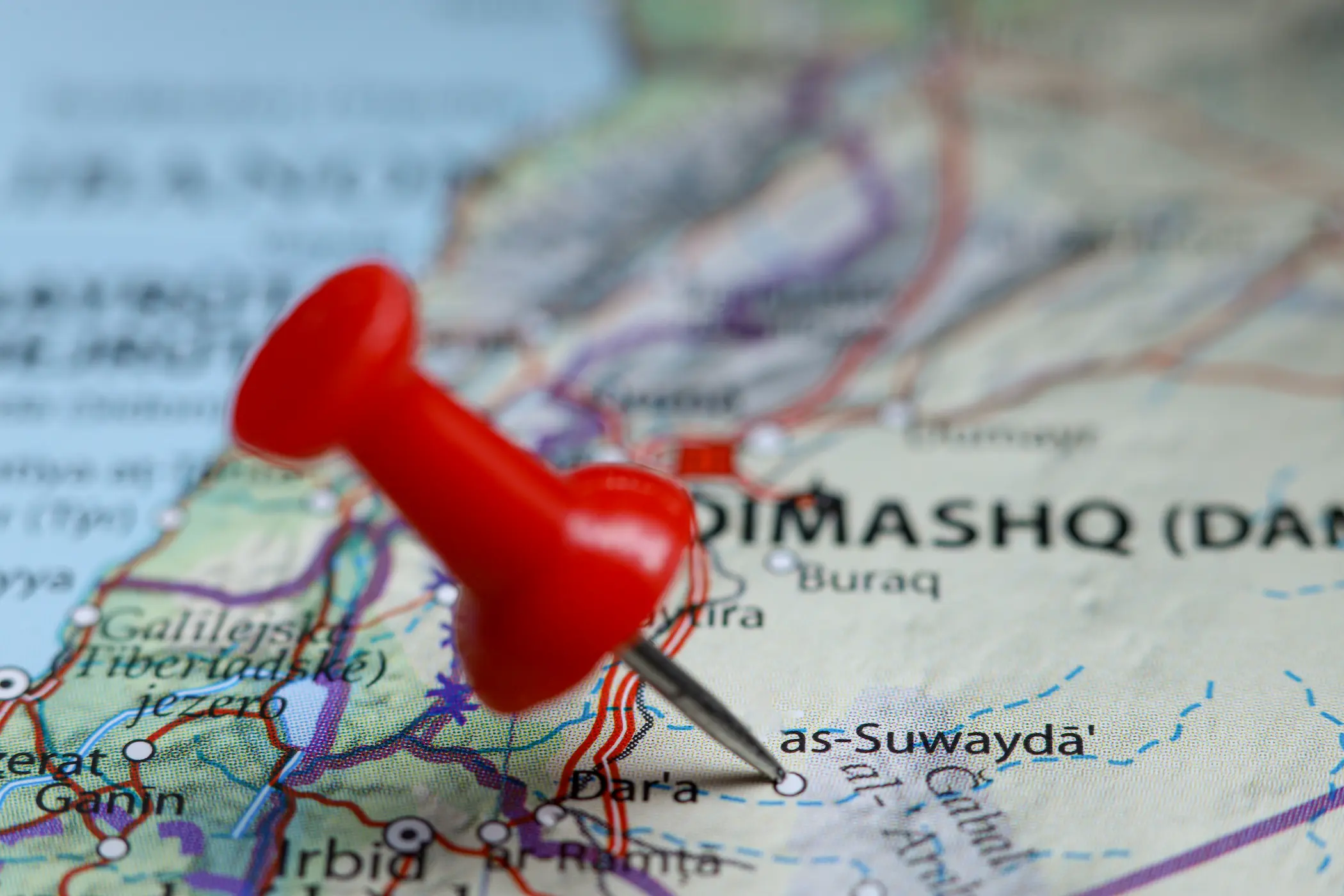
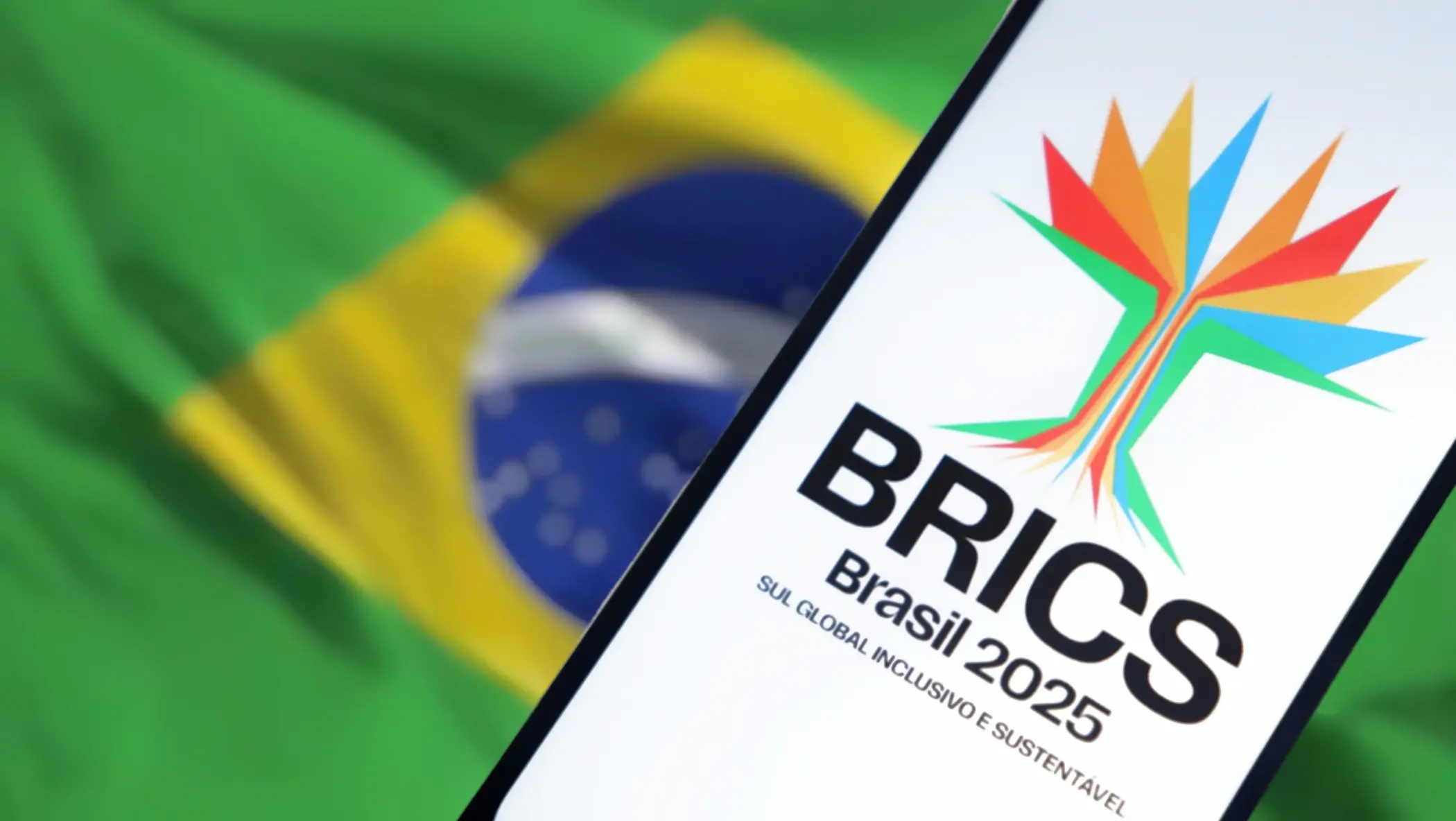
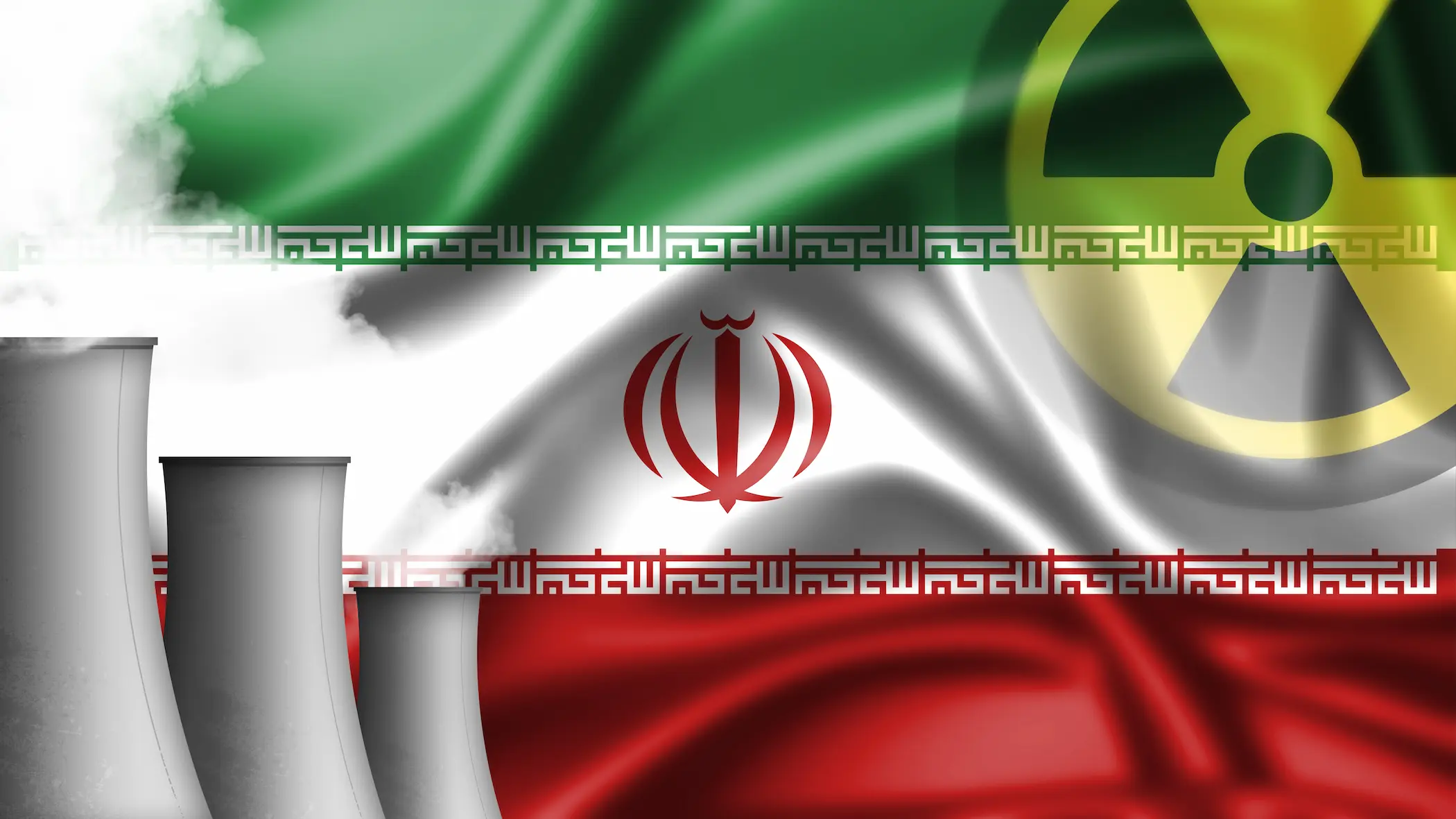
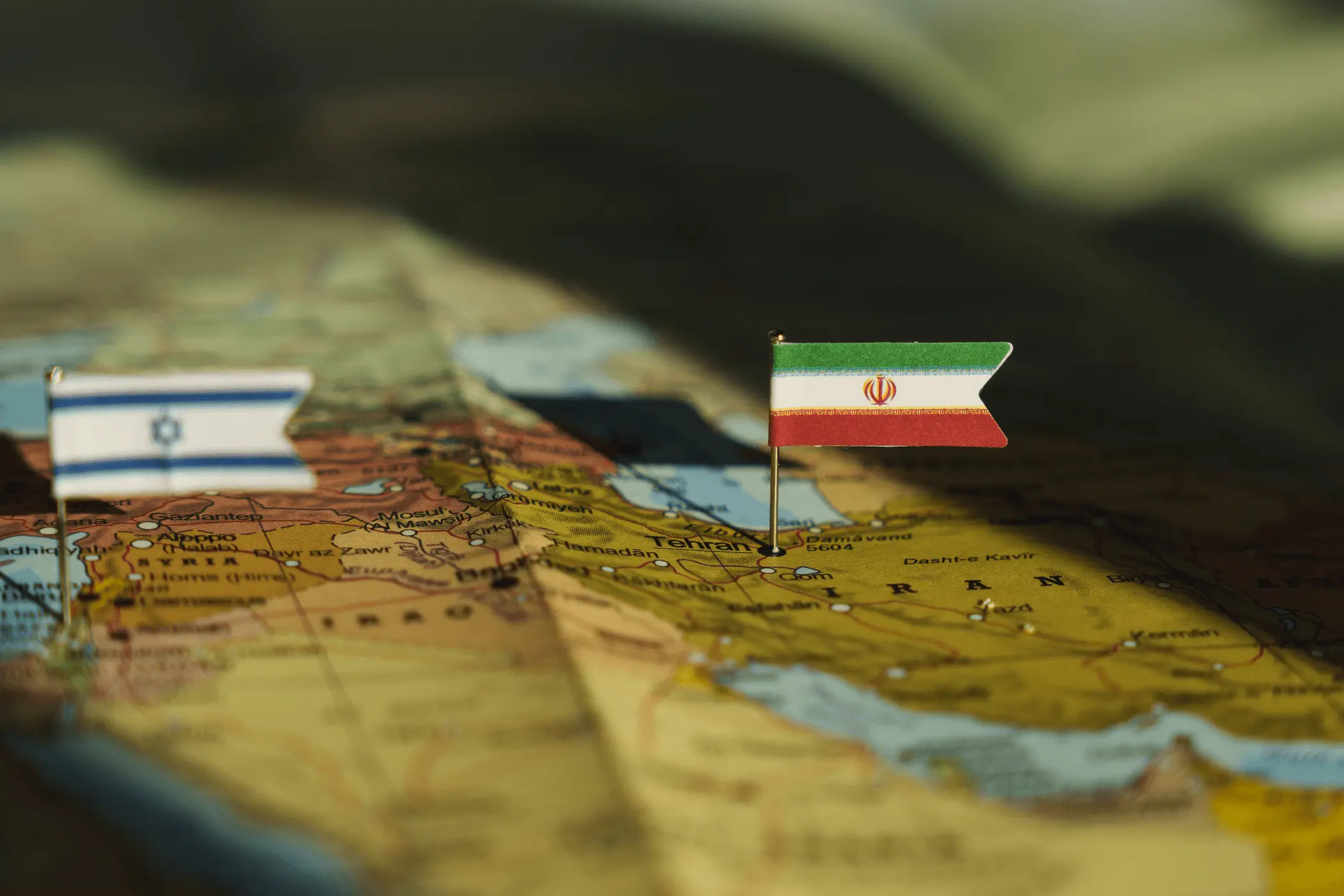
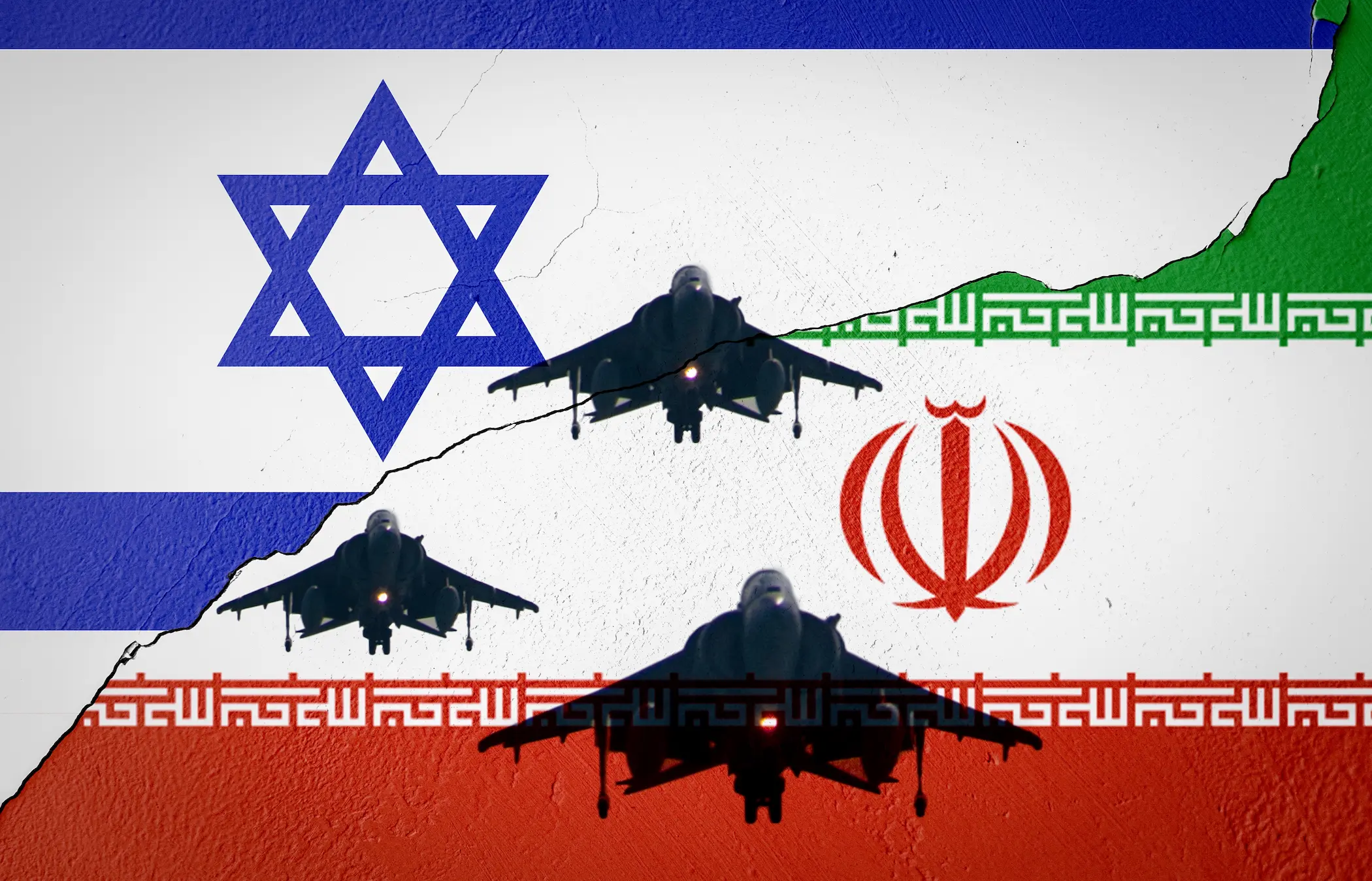
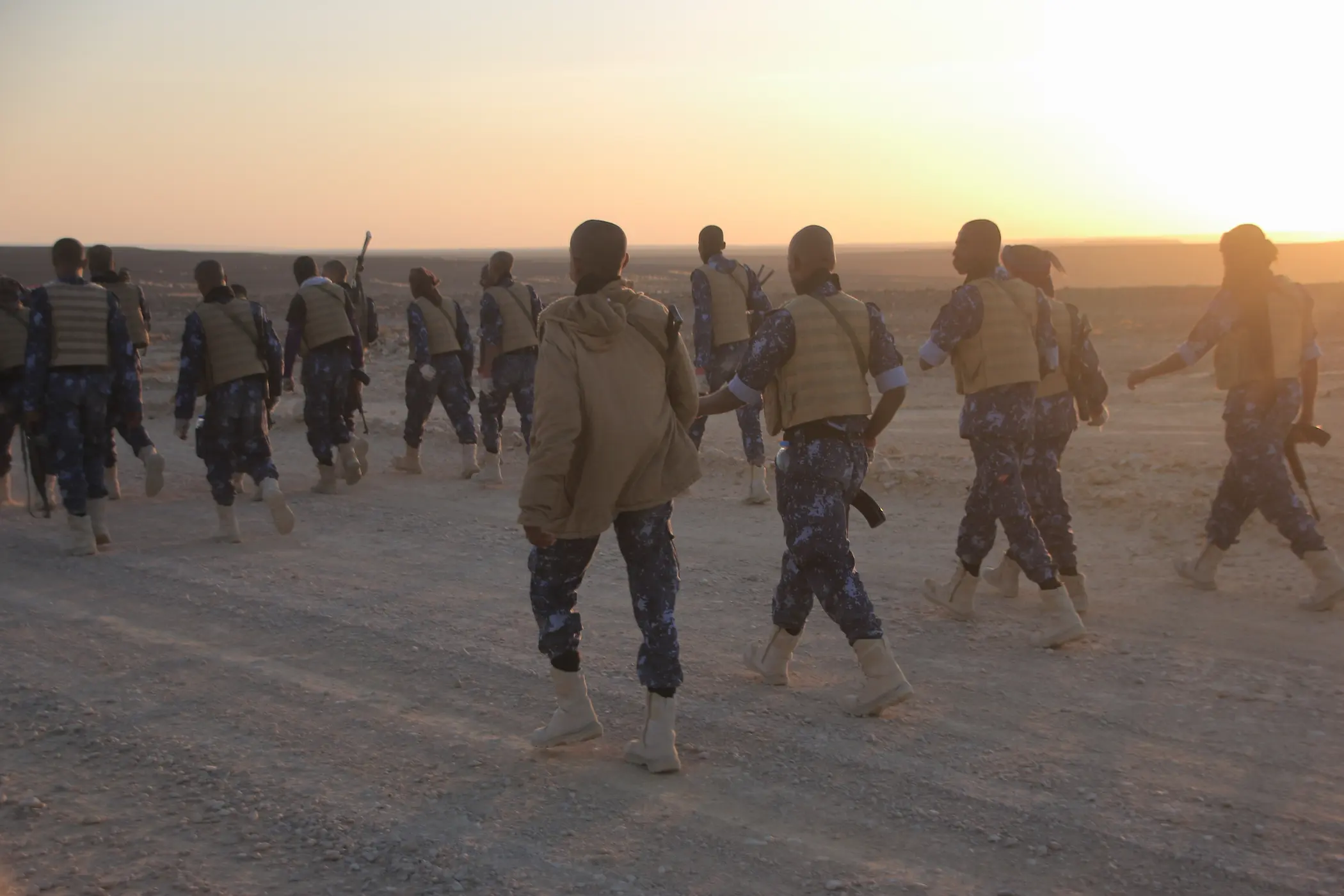
Comments